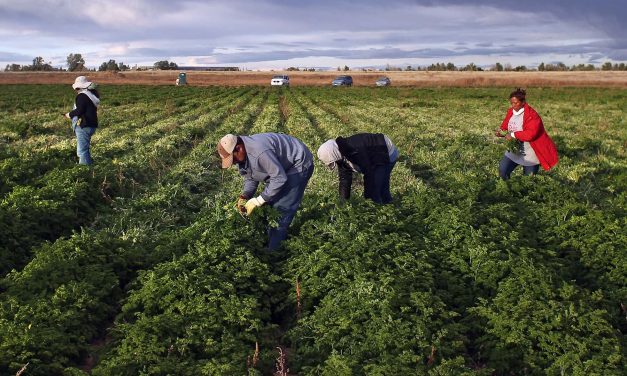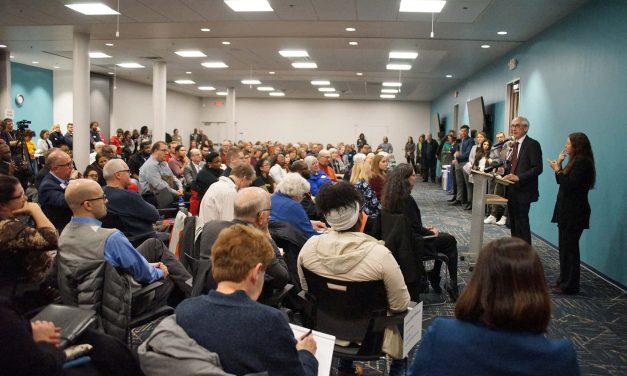How Wisconsin can prosper by adopting an inclusive approach to undocumented immigrants
Undocumented immigrants come to Wisconsin in search of opportunity, looking for safe communities for themselves and their families. In return, they benefit our communities by bringing cultural and economic vibrancy, entrepreneurship, and an expanded workforce for some of the state’s most critical industries. Wisconsin lawmakers should implement policies that promote prosperity for immigrants who are undocumented, their families, and the communities that welcome them. Giving undocumented Wisconsin residents access to better opportunities would enable them to earn higher wages, spend more at local businesses, and contribute even more via their taxes to schools and other public investments that are...
Read More















